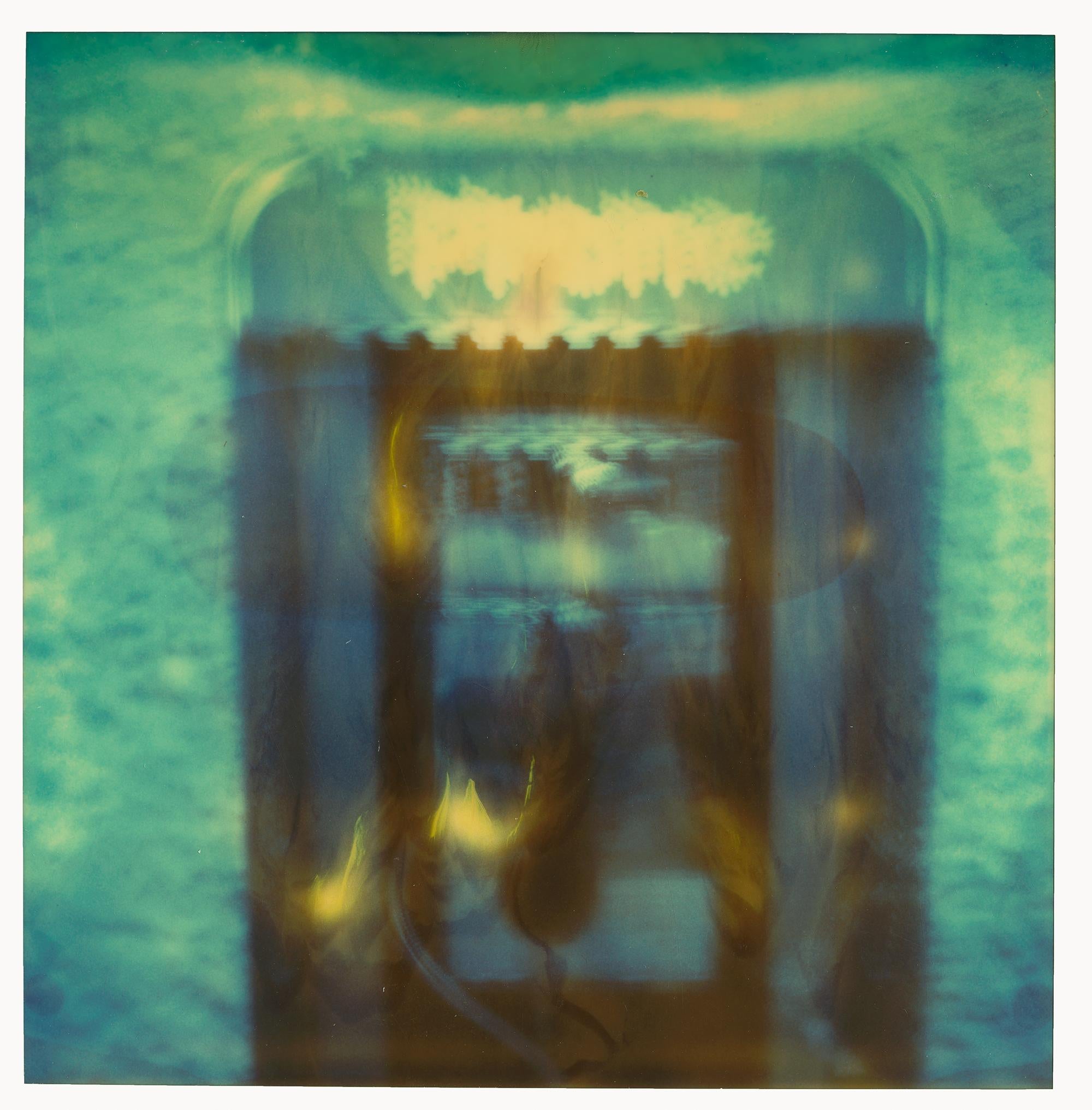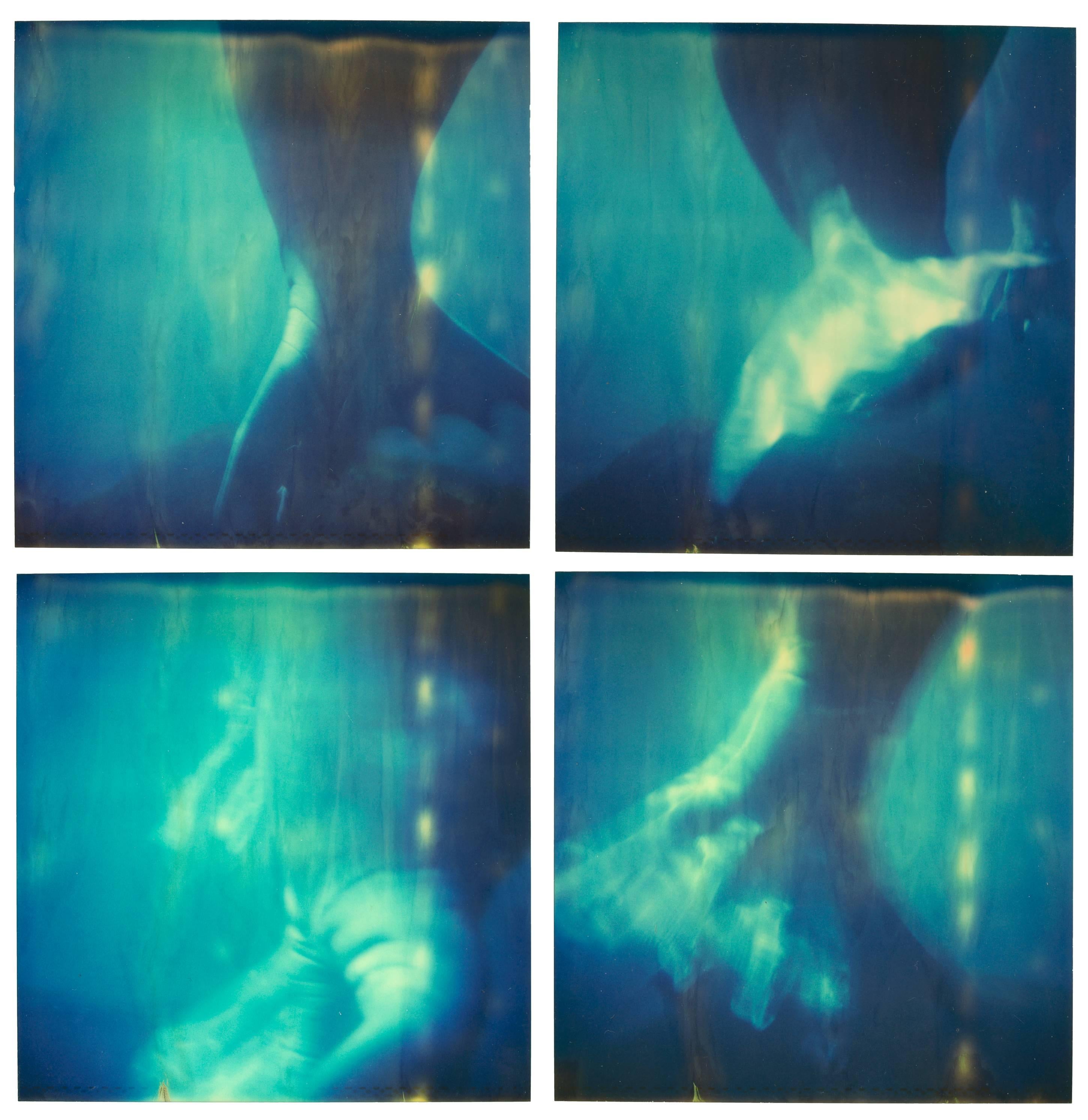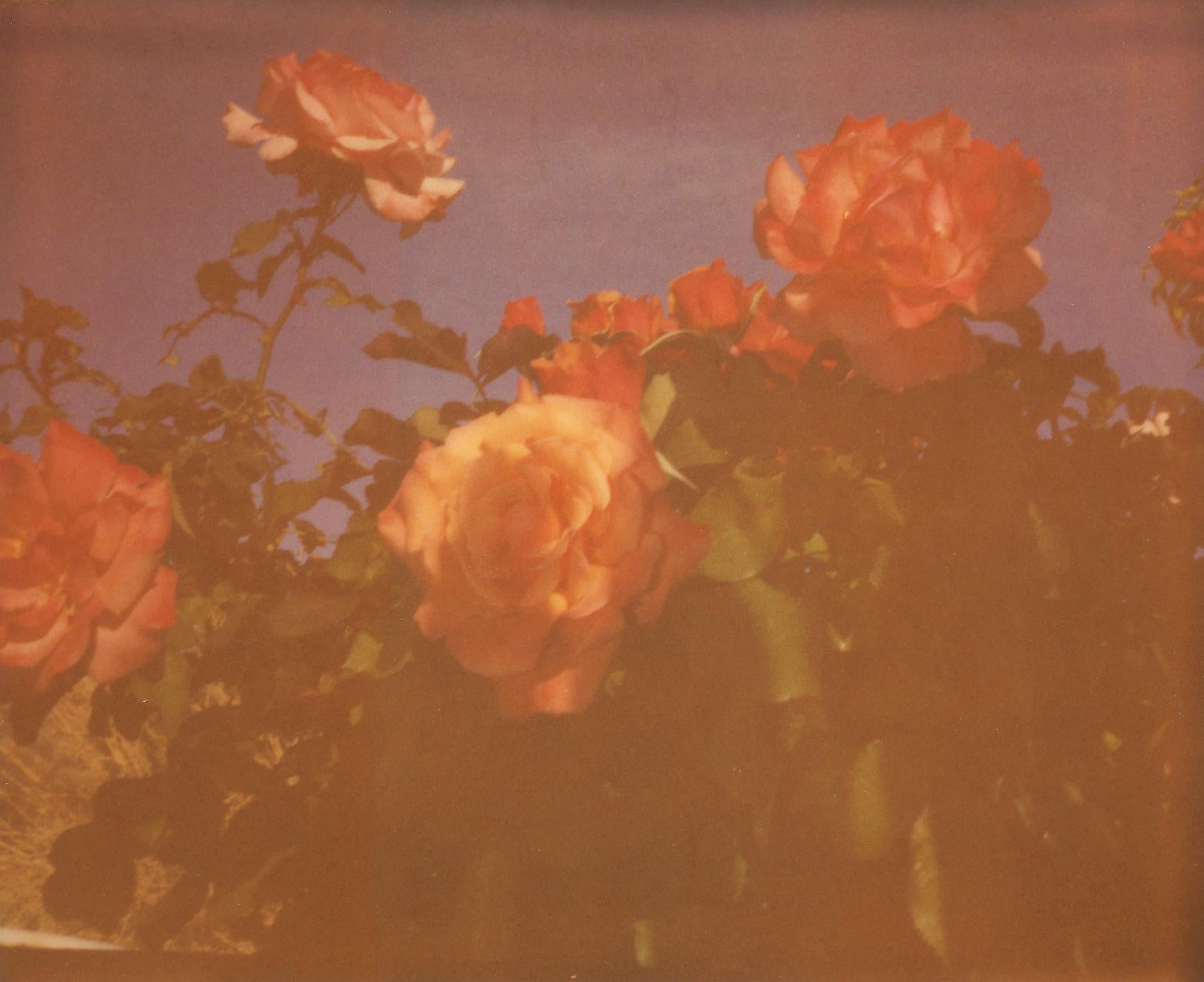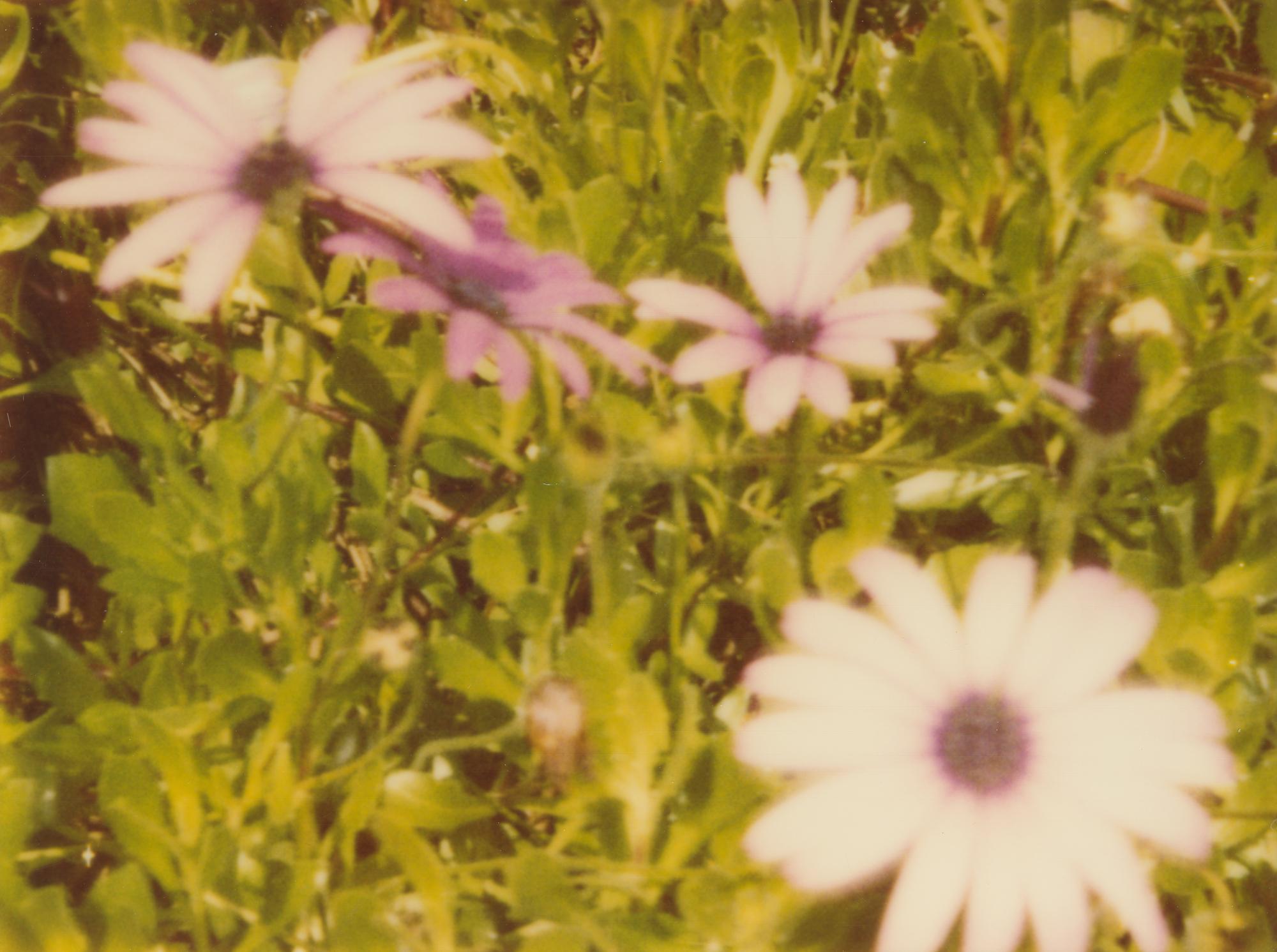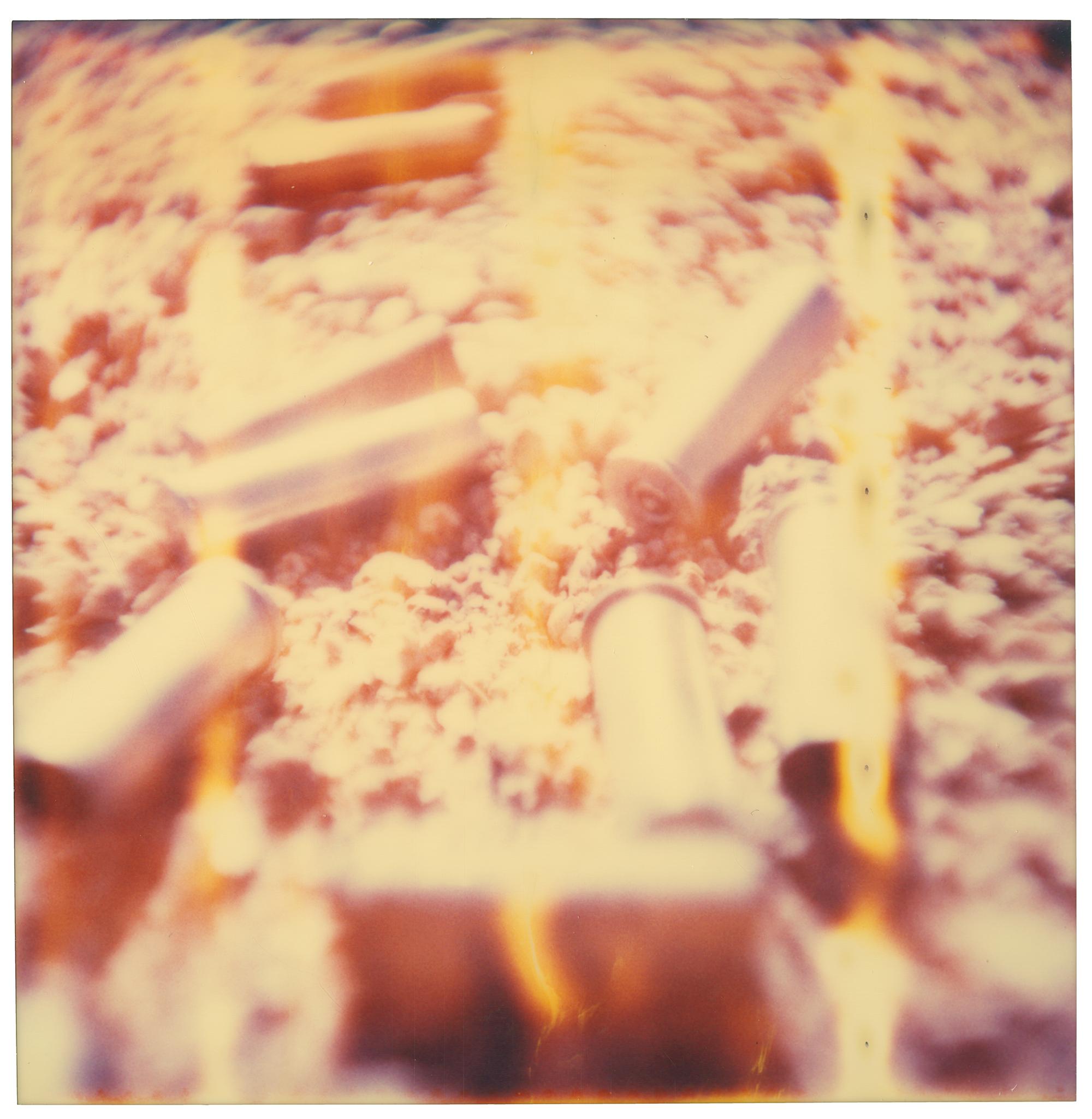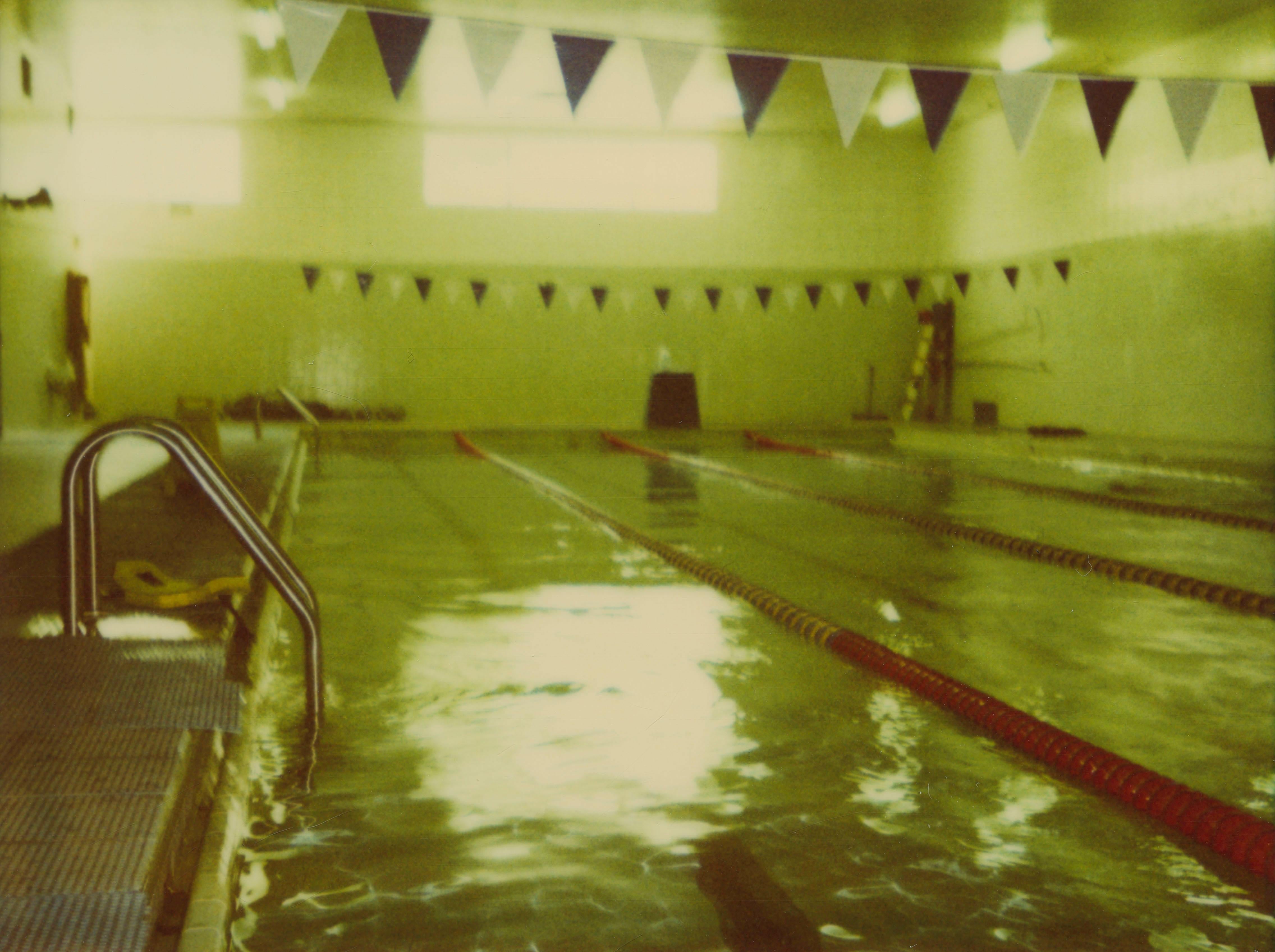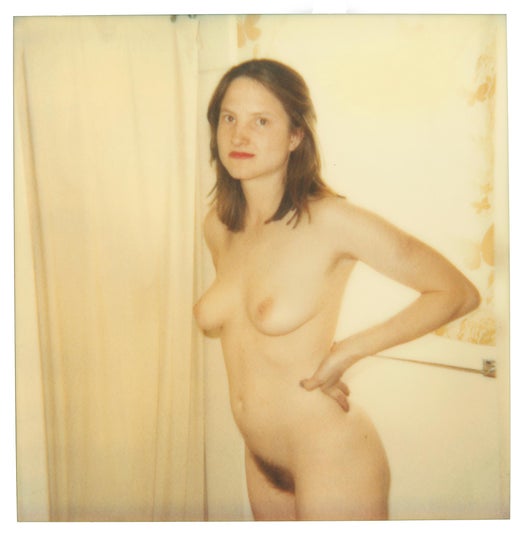Stefanie SchneiderWinchester (Wastelands) - Contemporary, 21st Century, Polaroid, Figurative2003
2003
About the Item
- Creator:Stefanie Schneider (1968, German)
- Creation Year:2003
- Dimensions:Height: 22.45 in (57 cm)Width: 22.05 in (56 cm)Depth: 0.04 in (1 mm)
- Medium:
- Movement & Style:
- Period:
- Condition:
- Gallery Location:Morongo Valley, CA
- Reference Number:1stDibs: LU652311380692
Stefanie Schneider
- ShippingRetrieving quote...Ships From: Morongo Valley, CA
- Return PolicyA return for this item may be initiated within 7 days of delivery.
- Mindscreen 10 - Contemporary, 21st Century, Polaroid, Figurative, ColorBy Stefanie SchneiderLocated in Morongo Valley, CAMindscreen 10 - 1999 58x56cm, Edition of 10. Analog C-Print, hand-printed by the artist, based on a Polaroid. Signature label and Certificate. artist Inventory No. 244.04. Not mou...Category
1990s Contemporary Color Photography
MaterialsArchival Paper, Photographic Paper, C Print, Color, Polaroid
- Blue (Stay) - 21st Century, Contemporary, Polaroid, Photography, ColorBy Stefanie SchneiderLocated in Morongo Valley, CAStefanie Schneider's work was used for Marc Forster's movie 'Stay'. Featuring Ewan McGregor, Naomi Watts and Ryan Gosling. Naomi and Ryan were both portraying artists and Stefanie's ...Category
Early 2000s Contemporary Still-life Photography
MaterialsMetal
- Once in a blue Moon (The Girl behind the White Picket Fence)By Stefanie SchneiderLocated in Morongo Valley, CA'Once in a blue Moon' (The Girl behind the White Picket Fence), 2013, 60x70cm, Edition 1/5, analog C-Print, hand-printed by the artist on Fuji Crystal Archive Paper, matte surface, b...Category
2010s Contemporary Color Photography
MaterialsArchival Paper, Photographic Paper, C Print, Color, Polaroid
- Artificial Flowers II - Contemporary, Landscape, Polaroid, expired, 21st CenturyBy Stefanie SchneiderLocated in Morongo Valley, CAArtificial Flowers II (Suburbia) 1999, 50x60cm, Edition of 1/10. Analog C-Print, hand-printed by the artist on Fuji Crystal Archive Paper, matte surface, based on a Polaroid, signa...Category
1990s Contemporary Still-life Photography
MaterialsPhotographic Paper, Archival Paper, C Print, Color, Polaroid
- Shells (Wastelands) - Contemporary, Abstract, Landscape, Polaroid, 21st CenturyBy Stefanie SchneiderLocated in Morongo Valley, CAShells (Wastelands) Edition 2/5, 57x56cm, 2003 Analog C-Print, hand-printed and enlarged by the artist on Fuji Crystal Archive Paper, based on a Polaroid, Artist inventory Number ...Category
Early 2000s Contemporary Color Photography
MaterialsArchival Paper, Photographic Paper, C Print, Color, Polaroid
- Green Pool II (Suburbia) - Contemporary, Polaroid, Analog, PortraitBy Stefanie SchneiderLocated in Morongo Valley, CAGreen Pool II (Suburbia) - 2004, 50x60cm, Edition of 1/10, digital C-Print based on a Polaroid, Not mounted. Signature label with Certificate. Artist Inventory No. 2763.01 The p...Category
Early 2000s Contemporary Color Photography
MaterialsArchival Paper, Photographic Paper, C Print, Color, Polaroid
- Peter Andrew Lusztyk - Rhino, Photography 2021, Printed AfterBy Peter Andrew LusztykLocated in Greenwich, CTRhino Digital C-Print / Archival Pigment Print Edition of 20 per size Available sizes: 36 x 72 in 48 x 96 in In Point Blank, Lusztyk’s magnification of handguns at once anthropomor...Category
2010s Contemporary Color Photography
MaterialsArchival Paper, Photographic Paper, C Print, Digital, Pigment, Digital P...
- Peter Andrew Lusztyk - Vanilla Sprinkles, Photography 2021, Printed AfterBy Peter Andrew LusztykLocated in Greenwich, CTVanilla Sprinkles Digital C-Print / Archival Pigment Print Edition of 5 per size Available sizes: 24 x 24 in. 36 x 36 in. 48 x 48 in. Refine Sugar Collection. This photograph will ...Category
2010s Contemporary Color Photography
MaterialsArchival Paper, Photographic Paper, C Print, Digital, Pigment, Digital P...
- Peter Andrew Lusztyk - Candy, Photography 2021, Printed AfterBy Peter Andrew LusztykLocated in Greenwich, CTCandy Digital C-Print / Archival Pigment Print Edition of 5 per size Available sizes: 36 × 24 in 51 x 36 in 60 x 48 in Refine Sugar Collection.Category
2010s Contemporary Color Photography
MaterialsArchival Paper, Photographic Paper, C Print, Digital, Pigment, Digital P...
- Peter Andrew Lusztyk - Desert Eagle, Photography 2021, Printed AfterBy Peter Andrew LusztykLocated in Greenwich, CTDesert Eagle Digital C-Print / Archival Pigment Print Edition of 20 per size Available sizes: 36 x 72 in 48 x 96 in In Point Blank, Lusztyk’s magnification of handguns at once anthr...Category
2010s Contemporary Color Photography
MaterialsArchival Paper, Photographic Paper, C Print, Digital, Pigment, Digital P...
- Peter Andrew Lusztyk - Taurus, Photography 2021, Printed AfterBy Peter Andrew LusztykLocated in Greenwich, CTTaurus Digital C-Print / Archival Pigment Print Edition of 20 per size Available sizes: 36 x 72 in 48 x 96 in In Point Blank, Lusztyk’s magnification of handguns at once anthropomor...Category
2010s Contemporary Color Photography
MaterialsArchival Paper, Photographic Paper, C Print, Digital, Pigment, Digital P...
- Peter Andrew Lusztyk - Micro UZI, Photography 2021, Printed AfterBy Peter Andrew LusztykLocated in Greenwich, CTMico UZI Digital C-Print / Archival Pigment Print Edition of 20 per size Available sizes: 36 x 72 in 48 x 96 in In Point Blank, Lusztyk’s magnification of handguns at once anthropom...Category
2010s Contemporary Color Photography
MaterialsArchival Paper, Photographic Paper, C Print, Digital, Pigment, Digital P...
